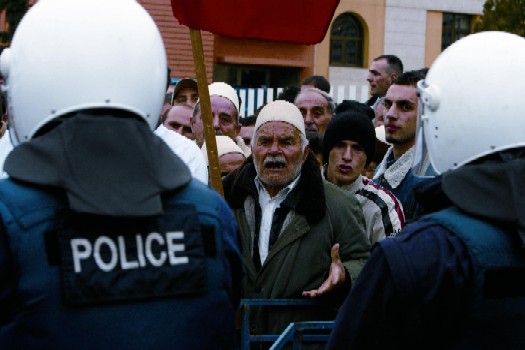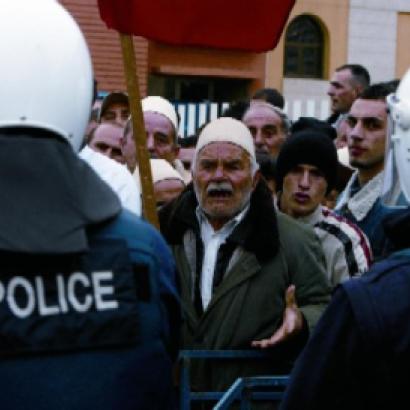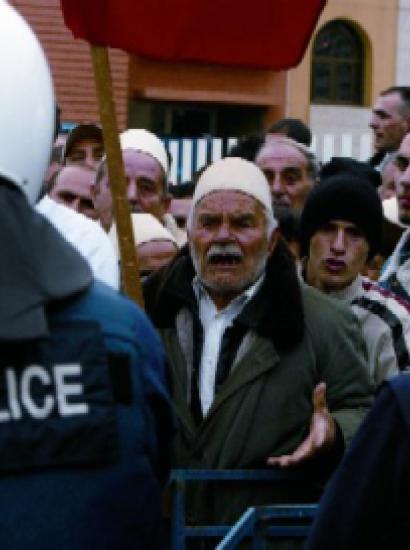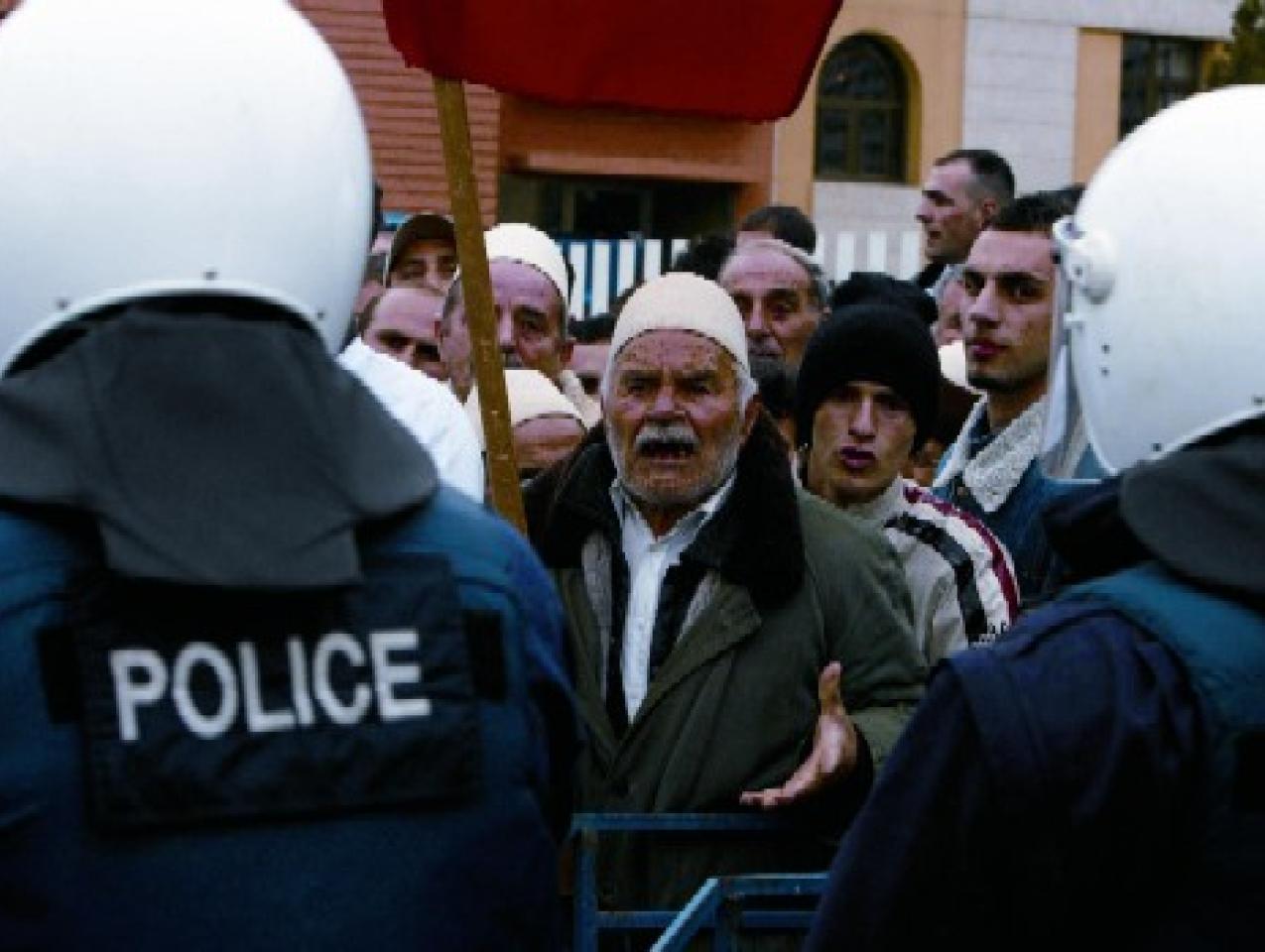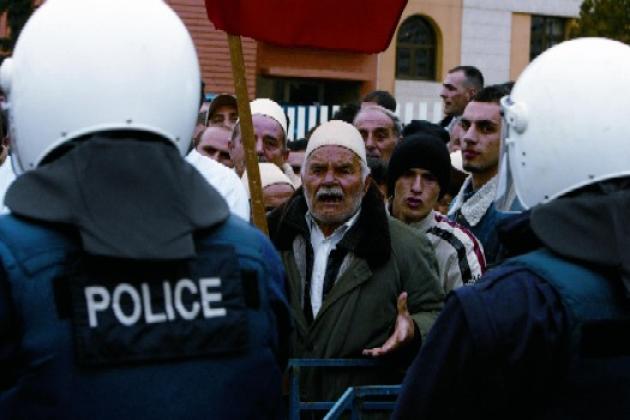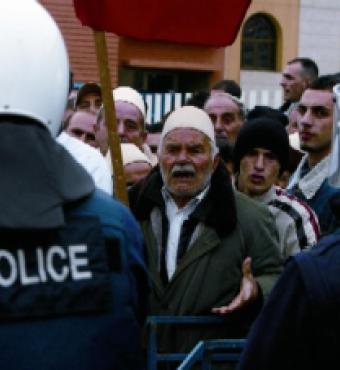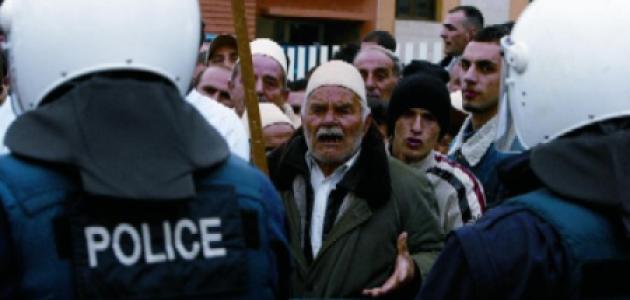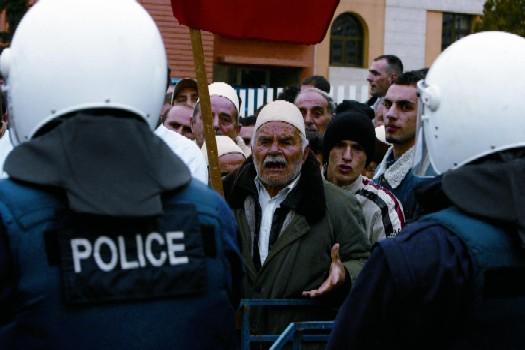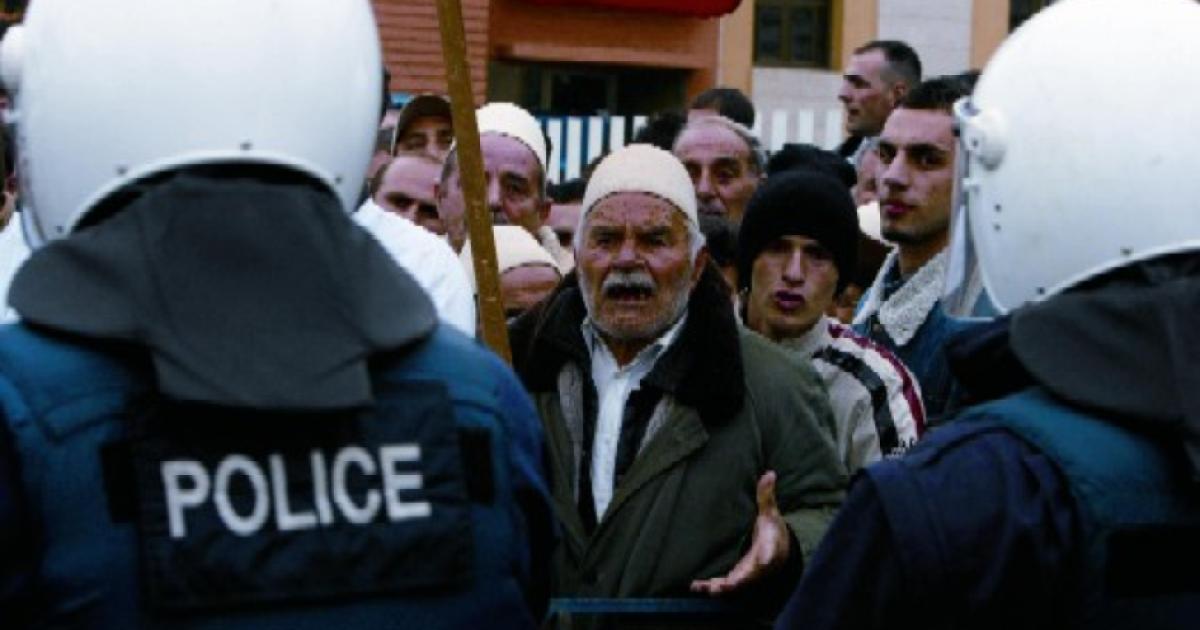- International Affairs
- US Foreign Policy
Ever since 1999, when a NATO bombing campaign forced Serbian leader Slobodan Milosevic to surrender control of Kosova, the United Nations has been trying to find a way to stabilize the province while it moves in fits and starts down the road to independence. Because of Serbian objections and Russian support of Belgrade, that road has been slow and painful for the Kosovar Albanians, who are a majority in the province. With a 60 percent unemployment rate, growing social problems, and continued uncertainty about political control, Kosovars say their patience is wearing thin.
A February 26 New York Times editorial criticized them for having “failed to live up to standards of human rights and democratic governance” spelled out by the United Nations. In fact, the government and people of Kosova have been remarkably patient with the international community, given their constantly frustrated desires for self-determination. Despite episodes of anti-Serb violence, they have also been notably restrained in their treatment of the minority Serbs, who showed them no mercy in the period of martial law and the campaigns of ethnic cleansing that followed.







